China is becoming less timid about retaliating economically against the US these days, according to the Economist.
In 2019, as the trade war between the US and China heated up, the People's Daily predicted that China's monopoly on rare earths, minerals vital to the production of modern hardware products, would become a tool for the country to counter US pressure.
According to the Organisation for Economic Co-operation and Development (OECD), the number of Chinese export controls increased ninefold between 2009 and 2020. However, these restrictions are unplanned, informal and narrowly targeted. Economists say they are more random than a strategic economic attack.
But recently, as the US has stepped up sanctions against China, Beijing’s response has been swifter and more numerous. After the US blocked Western chip companies from selling China advanced semiconductors and the machinery to make them, it has gone beyond verbal threats.
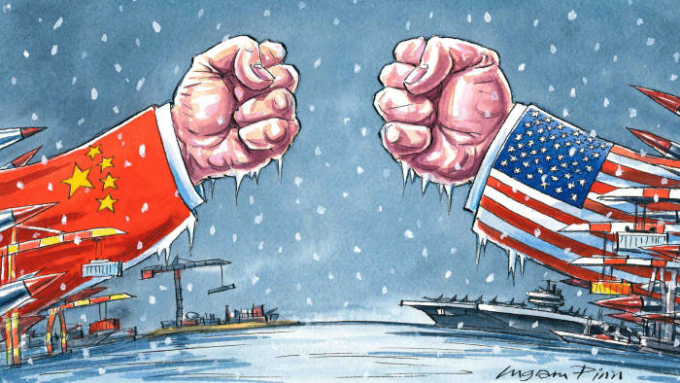
Painting depicting the US-China trade war. Photo: Financial Times
In early July, China announced its latest export controls, focusing on a pair of metals used in chips and advanced technology. A former US Commerce Department official said the measures were “just the beginning” of China’s retaliation. On July 20, China’s new ambassador to the US, Xie Feng, said his country “cannot remain silent” in the escalating tech war. He hinted that there would be more responses.
This time, Beijing’s move appears to be much more deliberate, according to the Economist . To counter US pressure on the tech sector, Chinese President Xi Jinping has called on regulators to counter Western pressure with international legal action. Lawmakers are drawing up a framework for a more forceful Chinese response to the trade war.
Quite a few policies have been introduced recently. In 2020, Beijing released a list of “unreliable entities” to punish any company that undermines China’s interests. The export control law, introduced the same year, provides the legal basis for an export licensing regime.
In 2021, the Anti-Sanctions Act allowed retaliation against organizations and individuals who implemented sanctions imposed by other countries. This year, a sweeping foreign relations law was enacted, allowing measures to counter a range of economic and national security threats facing the country. It just came into effect on July 1.
On the same day, an anti-espionage law also came into effect, expanding the scope of operations of China's security agencies. Meanwhile, the country has also tightened various cybersecurity and data security rules.
The new policies are not just for show, but are being implemented immediately. In February, Lockheed Martin and a Raytheon subsidiary – two US arms manufacturers – were placed on the list of unreliable entities after shipping weapons to Taiwan.
These companies are blocked from new investments in China and trade, among other restrictions. In April, Micron, a US chipmaker, was investigated by China’s cyberspace administration under a new cybersecurity law. After Micron failed a security assessment, regulators banned its chips from being used in the country’s critical infrastructure.
The vague wording of the laws makes it difficult for Western companies to assess the potential impact on their business in China. Henry Gao of Singapore Management University, for example, cited sanctions against anyone who acts in a way deemed “harmful to China’s national interests in engaging in international exchanges.”
Some foreign law firms in China have been asked by Western clients to assess the risk of being investigated. One lawyer noted that American technology companies that make hardware components such as memory chips should be wary of sudden investigations.
Or China’s new law allowing the government to restrict a wide range of minerals and components is creating uncertainty for foreign buyers. David Oxely, head of climate economics at Capital Economics, notes that one group affected are Western manufacturers of green energy technology. Battery makers in particular rely heavily on China across their entire supply chain.
Last year, China’s Ministry of Commerce proposed banning the export of ingot-making technology for solar panels. If implemented, the ban could stifle the development of solar technology in the West while increasing demand for finished Chinese solar panels.
Restrictions on two metals, gallium and germanium, could also pose a headache for the United States. Effective August 1, exporters must apply for licenses to sell the metals to foreign customers. China produces 98 percent of the world’s raw gallium, a key ingredient in advanced military technology, including America’s next-generation radar and missile defense systems.
A gallium supply shock could cause long-term problems for the US defense industry, according to CSIS, a Washington-based think tank. Moreover, a gallium-based compound, gallium nitride, could underpin a new generation of high-performance semiconductors.
But China is also said to need to tread carefully with its responses. Peter Arkell, president of the China Global Mining Association, notes that the country re-imports many finished products made abroad using rare earths, so bans could backfire on Chinese companies.
Full export bans would also push the West to build its own matching production capacity and look for alternatives, according to Ewa Manthey, commodity strategist at Dutch bank ING. This would weaken China’s power in the long run.
China’s practice of labeling Western companies with large operations as unreliable entities could also jeopardize thousands of Chinese jobs, which explains why, rather than blacklisting the entire Raytheon subsidiary of Pratt & Whitney, which employs 2,000 people in China, the Commerce Department limited the ban to the company’s defense business.
So far, the policy response has been implemented only by China’s Ministry of Commerce and Ministry of Foreign Affairs. The fear among Western businesses, according to Henry Gao, is that Beijing’s more hardline agencies will step in. If the tech war escalates further, China’s National Security Commission could take charge of economic retaliation. If that happens, the consequences are much larger than just for American and Chinese CEOs.
Phien An ( according to The Economist )
Source link




![[Photo] Keep your warehouse safe in all situations](https://vphoto.vietnam.vn/thumb/1200x675/vietnam/resource/IMAGE/2025/10/1/3eb4eceafe68497989865e7faa4e4d0e)
![[Photo] President of the Cuban National Assembly visits President Ho Chi Minh's Mausoleum](https://vphoto.vietnam.vn/thumb/1200x675/vietnam/resource/IMAGE/2025/10/1/39f1142310fc4dae9e3de4fcc9ac2ed0)

![[Photo] Hanoi morning of October 1: Prolonged flooding, people wade to work](https://vphoto.vietnam.vn/thumb/1200x675/vietnam/resource/IMAGE/2025/10/1/189be28938e3493fa26b2938efa2059e)
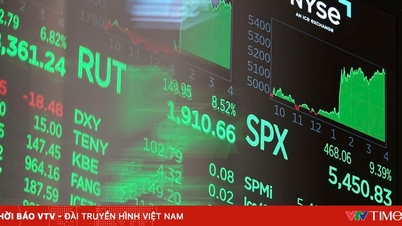



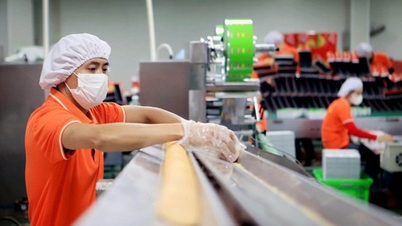



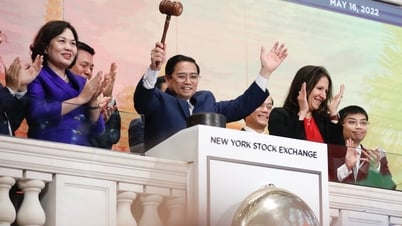








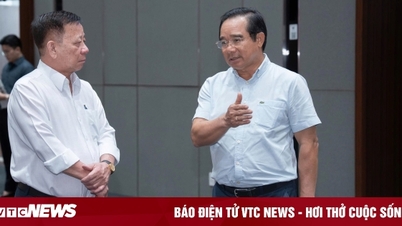

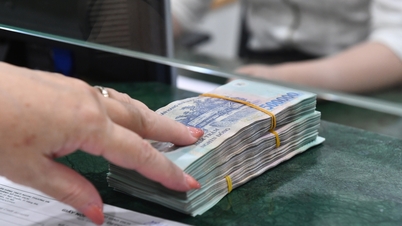










































































Comment (0)